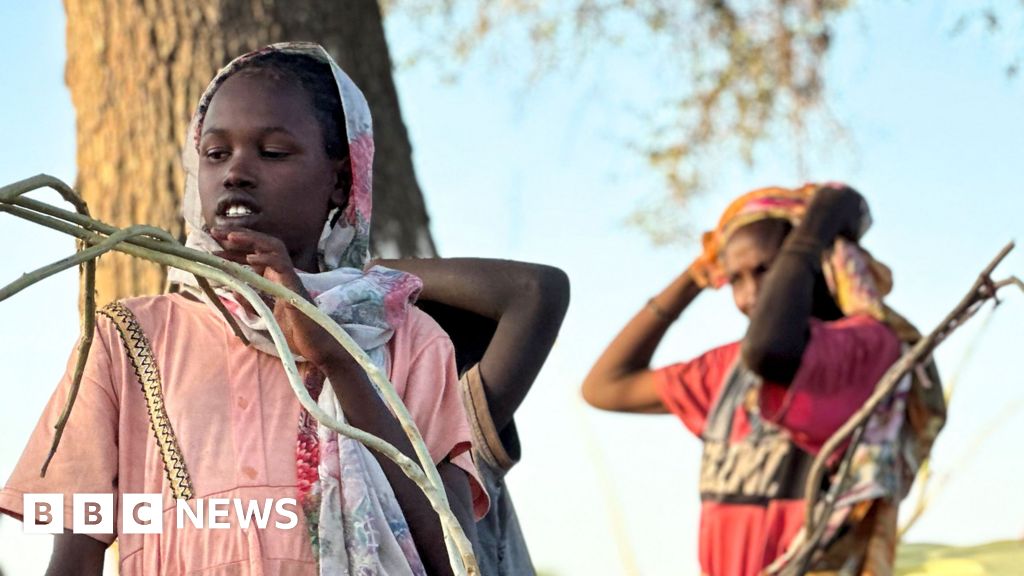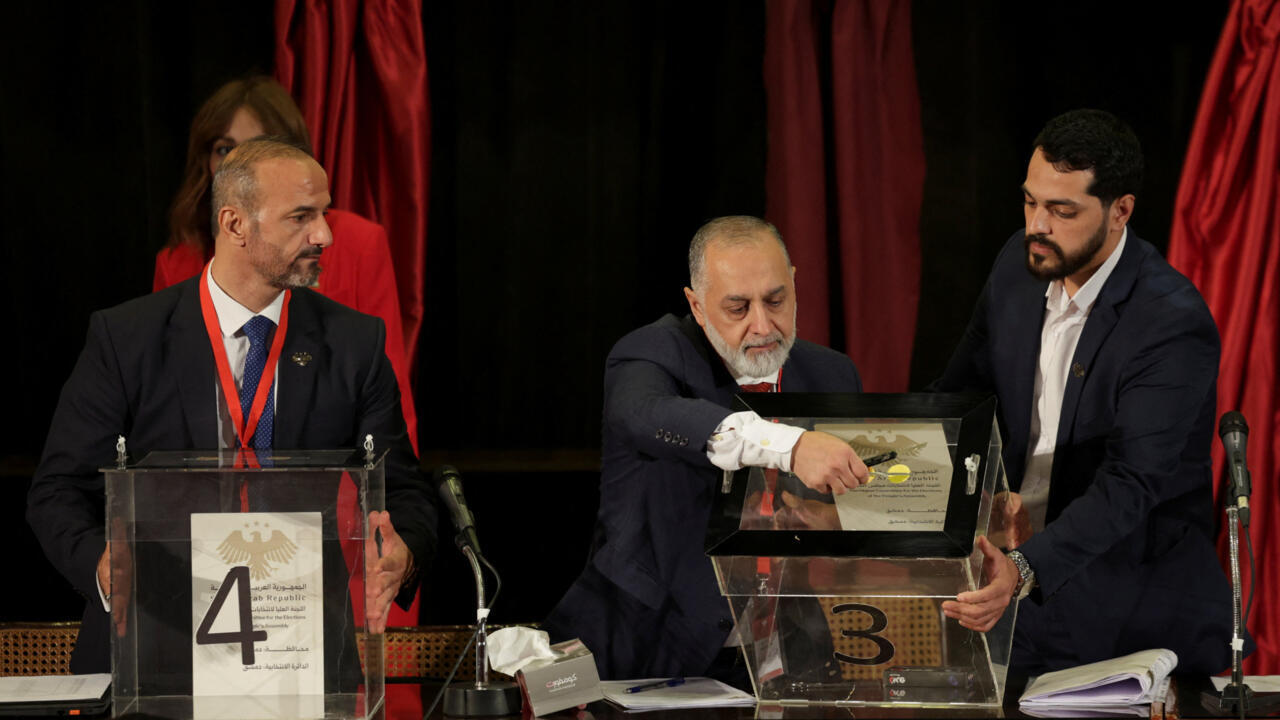Paul KirbyEurope digital editor
Latvian MPs have voted to withdraw from an international accord aimed at protecting women from violence, including domestic abuse, after a long and intense debate in parliament.
Several thousand people protested against the vote this week in Riga. It is now up to President Edgars Rinkevics to decide whether to approve the law or not.
Known as the Istanbul Convention, the 2011 treaty only came into force in Latvia last year, requiring governments to develop laws and support services to end all violence.
Latvia is the first EU country to move towards pulling out of the treaty. Turkey withdrew in 2021, a move described as a huge setback by top human rights body the Council of Europe.
The treaty was ratified by the EU in 2023, however ultra-conservative groups have argued that the accord's focus on gender equality undermines family values and promotes "gender ideology".
After a 13-hour debate in the Saeima, Latvian MPs voted by 56 to 32 to withdraw from the treaty, in a move sponsored by opposition parties but backed by politicians from one of the three coalition parties, the Union of Greens and Farmers.
The result is a setback for centre-right Prime Minister Evika Silina, who joined protesters outside parliament earlier this week. "We will not give up, we will fight so that violence does not win," she told them.
One of the main political groups behind the withdrawal is Latvia First, whose leader Ainars Slesers has called on Latvians to choose between a "natural family" and a "gender ideology with multiple sexes".
Latvia's ombudswoman Karina Palkova called for the treaty not to be politicised, and the group Equality Now said it was "not a threat to Latvian values, it was a tool to realise them".
Thursday's vote has prompted an outcry both within Latvia and beyond.
Twenty-two thousand people have signed a Latvian petition not to drop the treaty. Women's rights group Centrs Marta has called a protest next Thursday, accusing MPs of not listening to the Latvian people.
The head of the Council of Europe's parliamentary assembly, Theodoros Rousopoulos, said Latvia had made a hasty decision fuelled by disinformation. It was, he said, an "unprecedented and deeply worrying step backwards for women's rights and human rights in Europe".
Since Turkey abandoned the treaty four years ago, femicide and violence against women had risen sharply, he added.
As the vote did not win a two-thirds majority, it means the president could return the bill for another reading, if he has objections.
President Rinkevics said on X that he would assess the decision under the constitution, "taking into account state and legal, rather than ideological or political, considerations".
Last week another member of the ruling coalition, the Progressives, said it would not rule out appealing to the Constitutional Court.

 9 hours ago
2
9 hours ago
2










 English (US) ·
English (US) ·